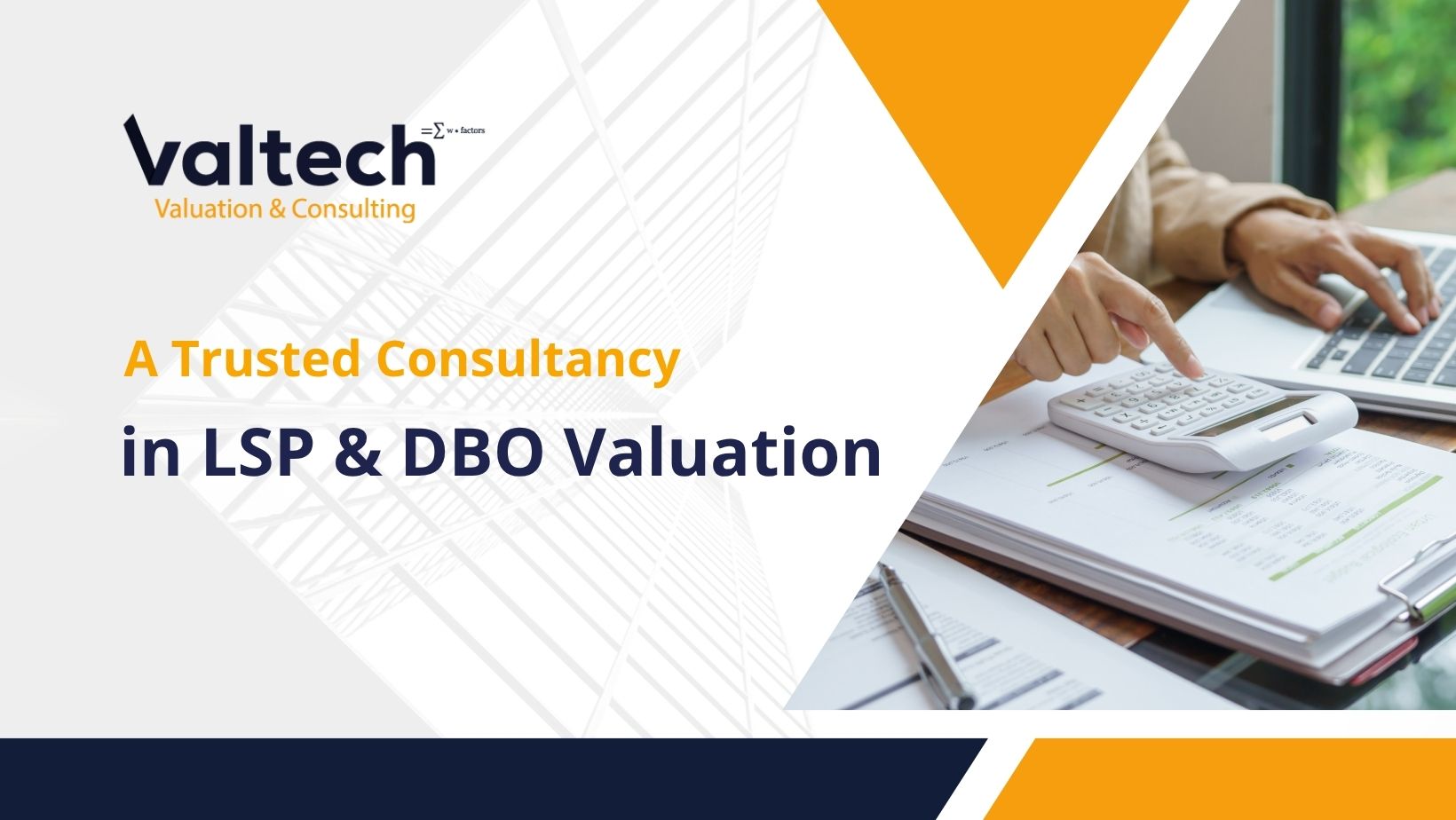Automotive dealerships are businesses that sell new and used vehicles to consumers. They often offer services such as vehicle financing, maintenance, and repairs.
Key Matters in Valuation
Dealerships may require valuations for purposes like selling the business, determining the value of inventory, assessing dealership performance, and obtaining financing.
Why is Business Valuation Relevant?
In the Automotive Dealerships industry, where businesses specialize in selling new and used vehicles to consumers, business valuation is crucial for several key purposes. Here are the primary business needs and scenarios where valuation is essential in the Automotive Dealerships sector:
Selling the Business:
Automotive dealership owners may decide to sell their businesses, and valuation is necessary to determine the fair market value of the dealership. A well-documented valuation helps sellers negotiate favorable terms.
Buy-Sell Agreements:
For multi-owner dealerships, buy-sell agreements often require valuations to establish a predetermined purchase price or a mechanism for determining the price in the event of an owner’s departure, retirement, or death.
Estate Planning and Succession:
Valuation plays a vital role in estate planning for dealership owners, helping assess the value of the business for inheritance, tax planning, and business succession purposes.
Financing and Loan Collateral:
Dealerships often require financing for inventory acquisition, facility upgrades, or expansion. Accurate valuations of the dealership and its assets, including inventory, are essential for securing loans and determining collateral values.
Exit Strategy Planning:
Owners of automotive dealerships may engage in exit strategy planning, which can involve selling the business, transitioning to new management, or diversifying investments. Valuation helps inform these decisions.
Market Expansion or Acquisition:
Dealerships looking to expand their market presence or acquire additional franchises or locations require valuations to assess the financial viability and strategic fit of potential acquisitions.
Franchise Negotiations:
When negotiating with automotive manufacturers for franchise agreements or renewals, dealership owners may need valuations to demonstrate their financial health and ability to meet franchise requirements.
Performance Assessment:
Regular valuations provide owners with insights into their dealership’s financial performance, profitability, and trends, helping identify areas for improvement.
Insurance Coverage:
Dealership owners use valuations to determine the replacement cost of structures, inventory, and assets, ensuring they have adequate insurance coverage to protect against potential losses.
Litigation and Dispute Resolution:
Valuation experts may be engaged in cases involving disputes over dealership values, ownership disputes, franchise terminations, or litigation related to dealership assets.
Taxation and Compliance:
Dealership owners need valuations for tax purposes, including income tax, property tax, and estate tax. Valuations help ensure compliance with tax regulations and determine tax liabilities.
Buyer Due Diligence:
Buyers interested in acquiring automotive dealerships often conduct due diligence, including independent valuations, to assess the fairness of the purchase price and the dealership’s financial condition.
Performance Benchmarking:
Valuations assist dealerships in comparing their financial performance and profitability against industry benchmarks and other dealerships, helping identify areas for improvement.
Dealer Network Evaluation:
Automotive manufacturers evaluate the performance and value of their dealer networks to make decisions about network optimization, terminations, and new dealership agreements.
Facility and Asset Management:
Valuations inform decisions about facility upgrades, renovations, and maintenance, ensuring that dealership assets are managed effectively.
Accurate and reliable dealership valuations are crucial for making informed strategic decisions, attracting buyers or investors, complying with financial reporting standards, and mitigating financial risks in the Automotive Dealerships industry. Engaging experienced valuation professionals with expertise in the automotive sector is essential to ensure that valuations are conducted accurately and align with industry-specific standards and best practices.





